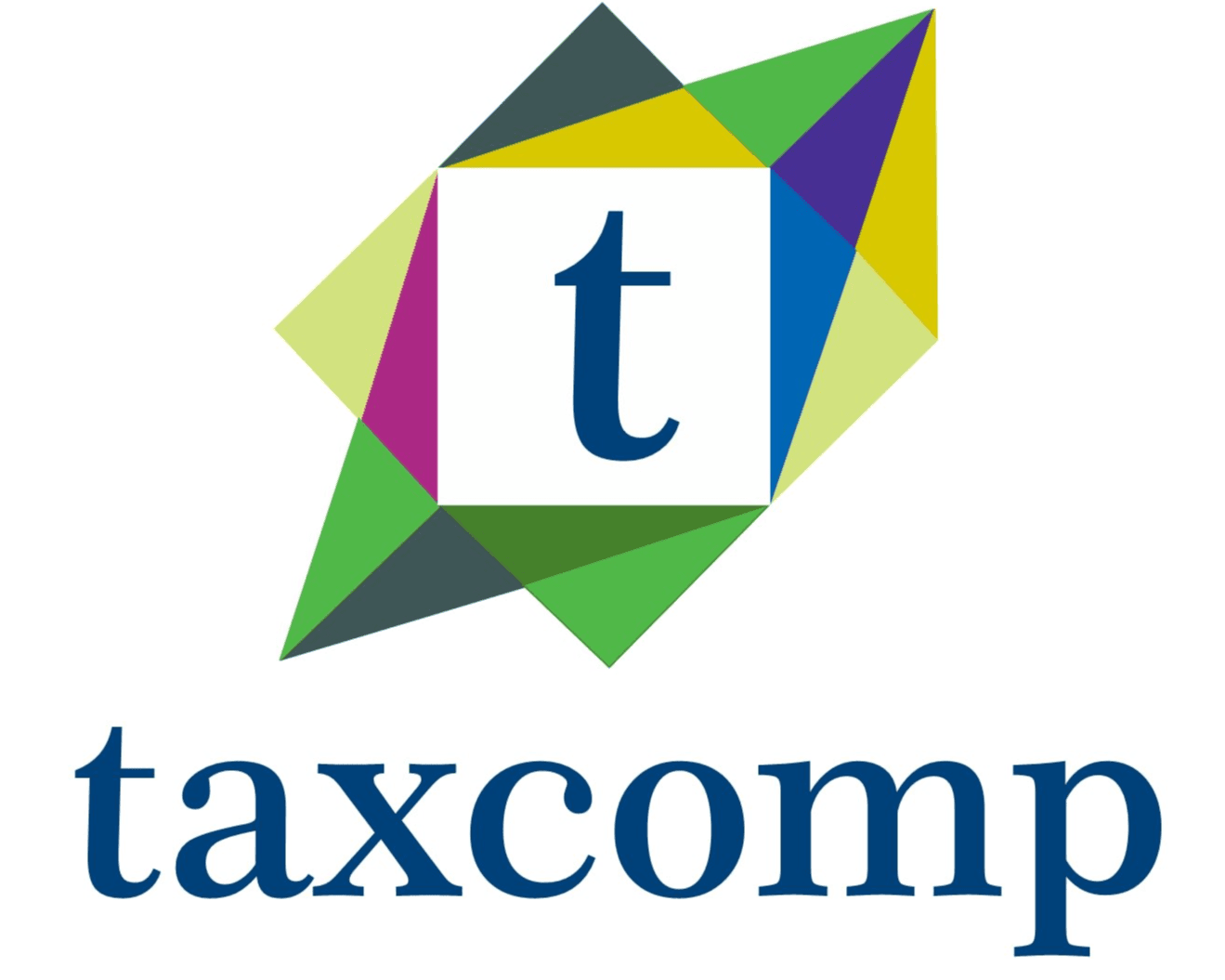Income Tax

Income Tax Audit
Tax Audit under section 44AB of the Income Tax Act, 1961, is a mandatory audit requirement applicable to certain taxpayers. Here's an overview:
1. Who is Required to Conduct a Tax Audit under Section 44AB?
- Taxpayers engaged in business or profession are required to conduct a tax audit under section 44AB if their total sales, turnover, or gross receipts exceed the prescribed threshold limits.
- For businesses, the threshold limit for tax audit is ₹1 crore, while for professionals, it is ₹50 lakhs in a financial year.
2. Purpose of Tax Audit:
- The main purpose of a tax audit under section 44AB is to ensure that the taxpayer's accounts are properly maintained and correctly reflect their income, deductions, and compliance with the provisions of the Income Tax Act.
3. Conducting the Tax Audit:
- The tax audit is conducted by a practicing Chartered Accountant (CA) who examines the taxpayer's financial records, books of accounts, and other relevant documents to verify the accuracy of the income and deductions reported.
4. Due Date for Tax Audit Report:
- The tax audit report, along with the prescribed forms and documents, must be submitted by the taxpayer to the tax authorities on or before the due date of filing the income tax return for the relevant assessment year.
- The due date for filing the tax audit report is typically September 30th of the assessment year, or any extended due date as notified by the tax department.
5. Contents of Tax Audit Report:
- The tax audit report prepared by the Chartered Accountant includes various details and disclosures, such as:Particulars of the taxpayer and the tax audit.
Financial statements, including the profit and loss account and balance sheet.
Details of tax adjustments, deductions, exemptions, and compliance with tax laws.
Observations, qualifications, and recommendations, if any.
6. Consequences of Non-Compliance:
- Failure to comply with the tax audit requirements under section 44AB may result in penalties under section 271B of the Income Tax Act.
- The penalty for not getting accounts audited or not furnishing the audit report on time is 0.5% of the total sales, turnover, or gross receipts, subject to a maximum penalty of ₹1,50,000.
Conclusion:Tax Audit under section 44AB is an essential compliance requirement for businesses and professionals meeting the prescribed turnover thresholds. It helps ensure transparency, accuracy, and accountability in financial reporting, thereby promoting tax compliance and integrity in the tax system. Taxpayers should engage qualified professionals and adhere to the prescribed audit procedures to meet their obligations under section 44AB of the Income Tax Act.
Here are some frequently asked questions (FAQs) regarding Income Tax Audit under section 44AB:
1. Who is required to conduct an Income Tax Audit under section 44AB?
- Taxpayers engaged in business or profession are required to conduct an Income Tax Audit under section 44AB if their total sales, turnover, or gross receipts exceed the prescribed threshold limits. For businesses, the threshold limit is ₹1 crore, while for professionals, it is ₹50 lakhs.
2. What is the purpose of an Income Tax Audit under section 44AB?
- The main purpose of an Income Tax Audit under section 44AB is to ensure that the taxpayer's accounts are properly maintained, accurately reflect their income, and comply with the provisions of the Income Tax Act.
3. Who conducts the Income Tax Audit under section 44AB?
- The Income Tax Audit under section 44AB is conducted by a practicing Chartered Accountant (CA) who examines the taxpayer's financial records, books of accounts, and other relevant documents to verify the accuracy of the income and deductions reported.
4. What is the due date for filing the Tax Audit Report under section 44AB?
- The due date for filing the Tax Audit Report under section 44AB is typically September 30th of the assessment year. However, it may be extended by the tax department based on specific circumstances or notifications.
5. What are the consequences of non-compliance with the Income Tax Audit requirements under section 44AB?
- Failure to comply with the Income Tax Audit requirements under section 44AB may result in penalties under section 271B of the Income Tax Act. The penalty for not getting accounts audited or not furnishing the audit report on time is 0.5% of the total sales, turnover, or gross receipts, subject to a maximum penalty of ₹1,50,000.
6. Can a taxpayer voluntarily opt for an Income Tax Audit even if not mandated by section 44AB?
- Yes, a taxpayer can voluntarily opt for an Income Tax Audit even if not mandated by section 44AB. This can help in ensuring accurate financial reporting, minimizing tax risks, and demonstrating compliance with tax laws.
7. Are there any exemptions or exceptions to the Income Tax Audit requirement under section 44AB?
- Yes, certain taxpayers may be exempted or granted exceptions from the Income Tax Audit requirement under section 44AB based on specific provisions or notifications issued by the tax department. These exemptions or exceptions are subject to certain conditions and criteria.
8. What are the key contents of the Tax Audit Report prepared by the Chartered Accountant?
- The Tax Audit Report prepared by the Chartered Accountant includes various details such as particulars of the taxpayer and the audit, financial statements, details of tax adjustments, deductions, exemptions, observations, qualifications, and recommendations, if any.
Understanding the provisions and requirements of Income Tax Audit under section 44AB is crucial for taxpayers to ensure compliance with tax laws and avoid penalties or legal consequences. Consulting with tax professionals can provide valuable guidance and assistance in navigating the audit process effectively.
Contact
Get Expert Tax Assistance
Contact us today to access professional tax services. Our dedicated team at TaxComp is here to simplify taxes for you and help you maximize your returns. Fill out the form below and take the first step toward financial success.
